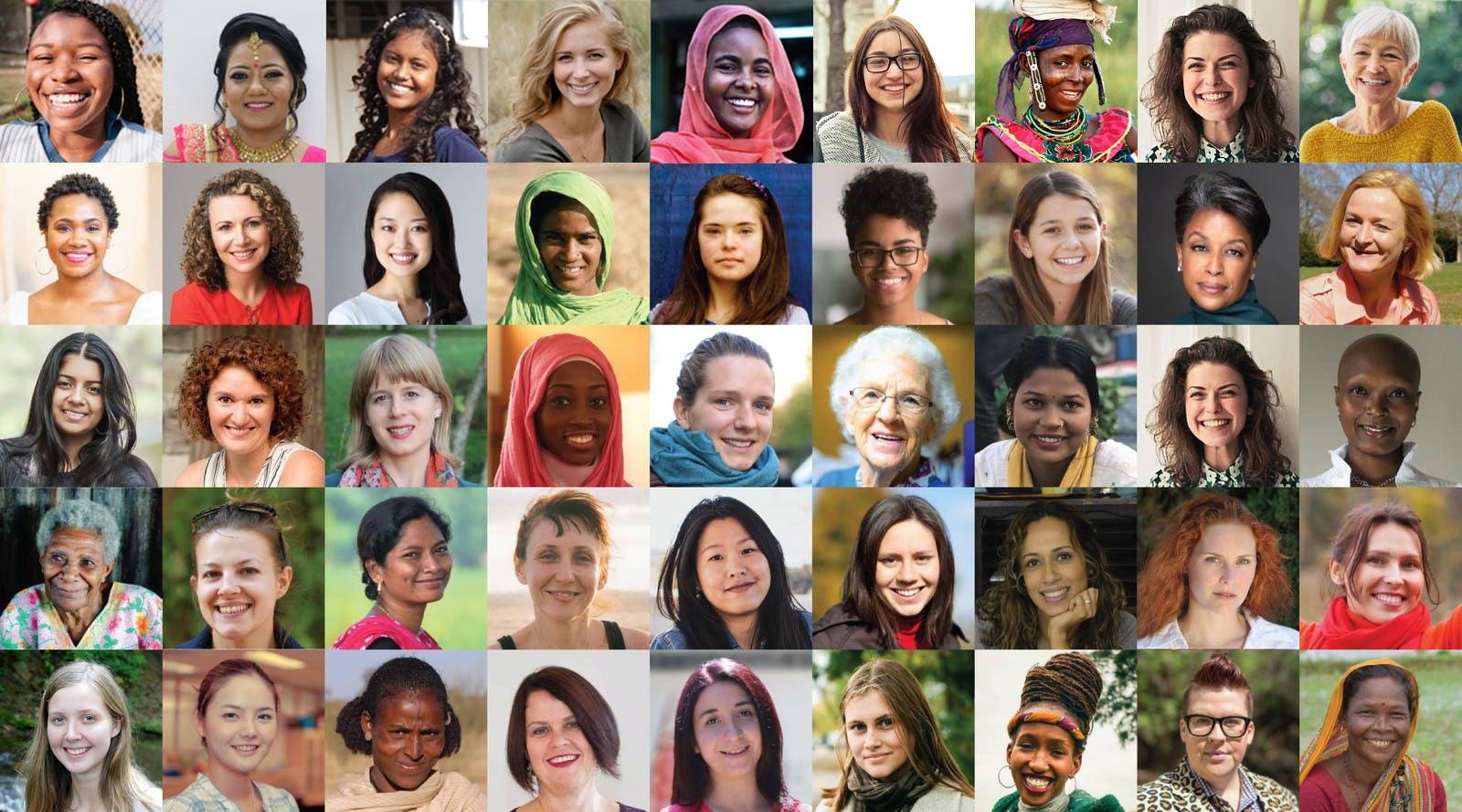Regenerating Farmlands in South Asia Through the Amrita Bhoomi School
| Category | Regenerate |
In the last several decades, more than a quarter of a million Indian farmers have been driven to suicide. The impacts of climate change and the increasing dependence on expensive chemical inputs have made the region arid and harsh to both the crops and the soul.
To combat these issues and save their fellow farmers, local growers created Amrita Bhoomi, “Eternal Earth.” It is a traveling school for Indian agriculturalists to learn how to sustainably grow food that will help heal the Earth and themselves.
Support for this project will help the women of Amrita Bhoomi travel throughout South Asia, bringing their regenerative growing practices to other women farmers.
Spreading sustainable agriculture
Funding will launch two significant trips. First, a group of young women from India and Bangladesh will journey to meet farmers in either Bhutan or the northeastern Indian states of Sikkim and Meghalaya. They will teach natural farming techniques in vegetable production, lead a five-day marketing-to-consumers course, and exchange seeds with rural women farmers.
On the second trip, ten women from Nepal and Sri Lanka will attend an inter-generational training on the importance of conventional farming with a focus on millet and small-seeded grains. In this workshop, elders will teach traditional wisdom to the next generation.

Photo: courtesy of Agroecology Fund.
Purchasing essential equipment
As the UN has declared 2023 as the International Year of Millets, a millet-based bakery will be opened at the Amrita Bhoomi Center. Capital will be used to purchase an oven, dough mixer, and other machinery.
A new three-wheeler will also be purchased so that women in the Chamarajanagar District may market their harvest.
Striving to create policy change
The Amrita Bhoomi Agroecology School is working tirelessly to expand regenerative agriculture practices. So far, 100,000 farmers have been encouraged to move away from chemical uses and adopt agroecological methods across India.
A part of La Via Campesina, a global network of 200 million farmers, Amrita Bhoomi also seeks to influence state policymakers to adopt the program. With so many successful harvests, the results prove that agroecology can be scaled with the help of supportive policies and investment.
Aspiring for a better future
A critical part of solving the climate crisis is changing our food systems through regenerative agriculture or giving back as much to Earth as we take when growing our crops, produce, and textile fibers.
Amrita Bhoomi farmers, with their sustainable growing practices, are reducing external inputs like pesticides and improving soil health. Through these methods, they are producing more nutritious food grown locally, providing green livelihoods, promoting gender equity with their women coalition, and, ultimately, protecting Earth’s farmlands.
With support, they can continue to spread their regenerative techniques and create a better future across South Asia and beyond.


.jpg?auto=compress%2Cformat)
